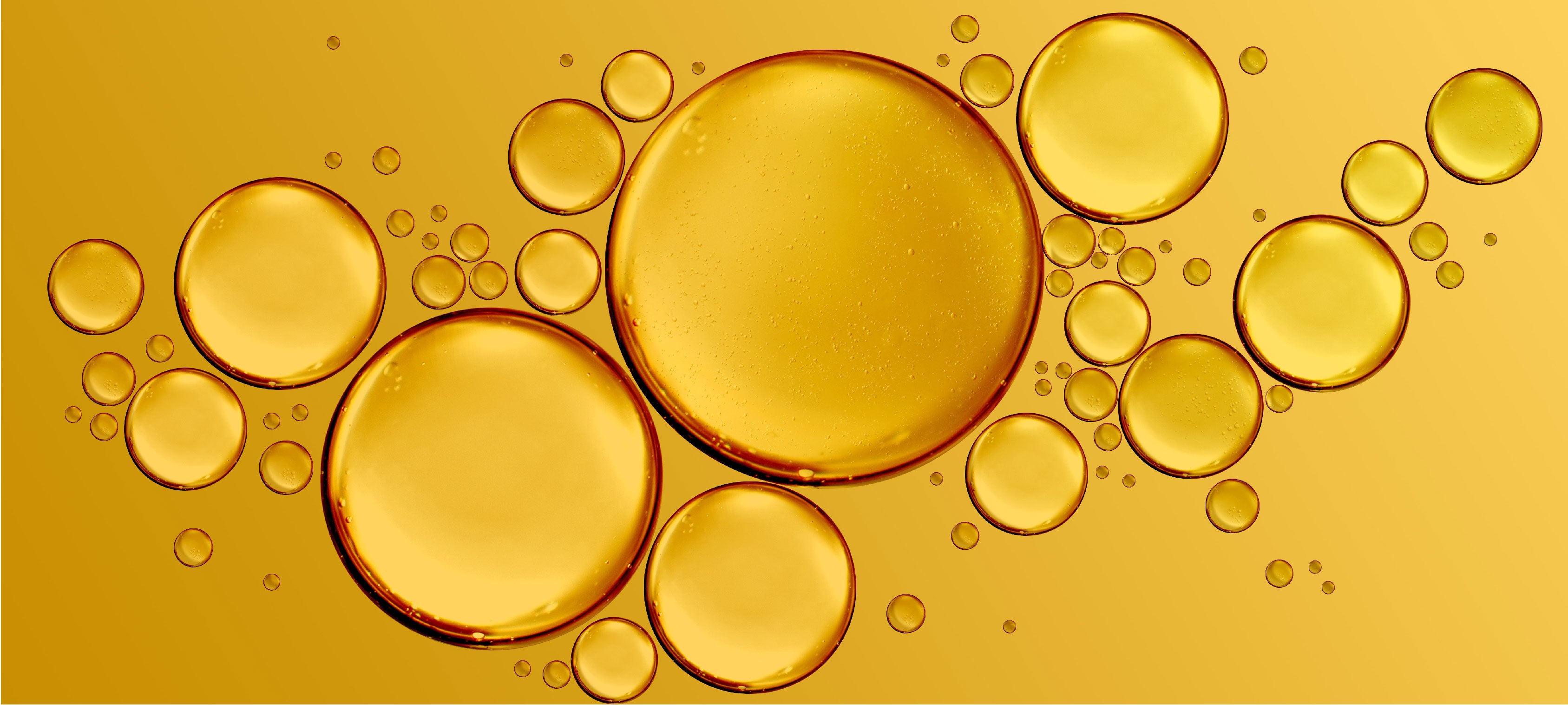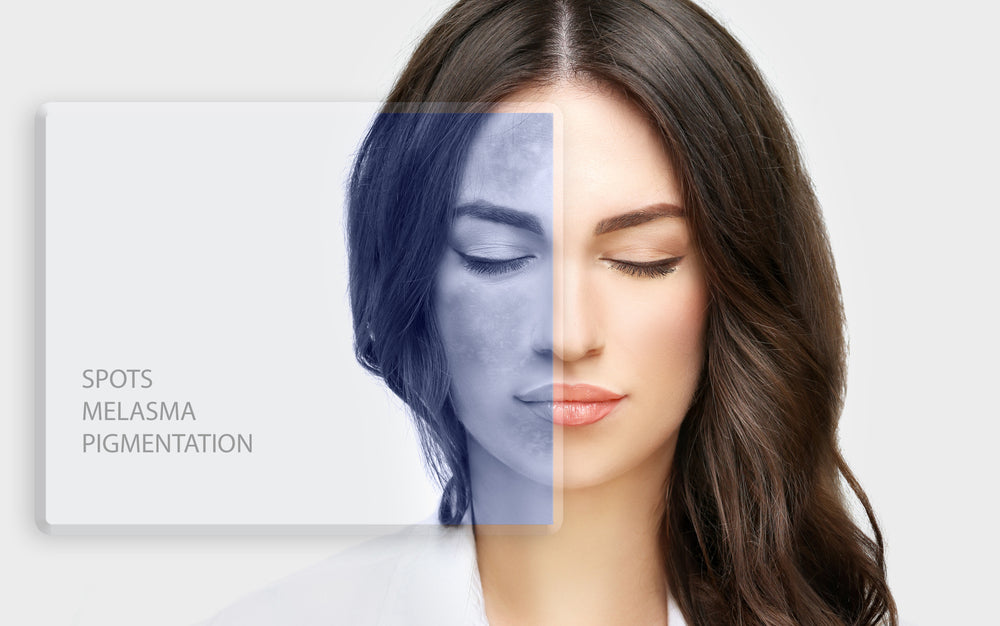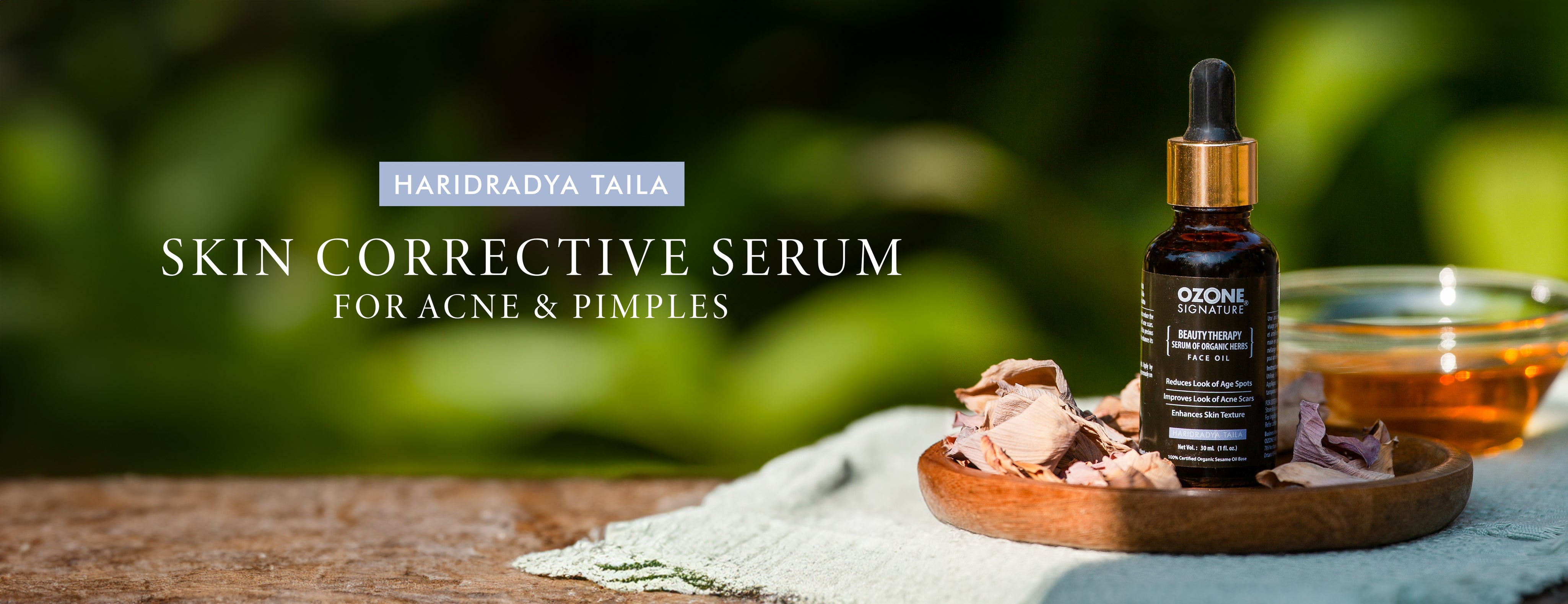Vitamin C is a highly beneficial ingredient for the skin, providing strong antioxidant protection and brightening effects. One of the most potent forms of Vitamin C available in skincare is C-10, which boasts a high concentration of 10% L-Ascorbic Acid. This ingredient can help protect the skin from environmental stressors while delivering brightening benefits, making it an excellent addition to any skincare routine. In this blog post, we'll delve deeper into the many benefits of Vitamin C-10 as an antioxidant and brightener for the skin. Also, we’ll be debunking some of the most common myths surrounding this powerhouse ingredient.
Antioxidant Protection
One of the most significant benefits of Vitamin C-10 in skincare is its ability to act as an antioxidant. Free radicals are molecules that can damage cells, leading to premature aging. Antioxidants, such as Vitamin C-10, can neutralize free radicals and protect the skin from environmental damage. When applied topically, Vitamin C-10 can prevent oxidative stress and reduce the appearance of fine lines, wrinkles, and hyperpigmentation. 
Brightening Properties
Vitamin C-10 is also known for its brightening properties. It can help reduce the appearance of dark spots and uneven skin tone, resulting in a more even, radiant complexion. Vitamin C-10 works by inhibiting the production of melanin, which is responsible for the pigmentation of the skin. This can help fade existing dark spots and prevent new ones from forming. 
Collagen Synthesis
Vitamin C is essential for collagen synthesis, which is crucial for maintaining the skin's elasticity and firmness. Collagen is a protein that provides structural support to the skin, and as we age, our skin produces less of it. This can further lead to wrinkles and sagging skin. Vitamin C-10 can help stimulate collagen production, which can improve skin’s overall texture and tone. 
How to Use Vitamin C-10 (L-Ascorbic Acid) in Your Skincare Routine
Vitamin C-10 is a potent ingredient, and it's important to use it correctly to get the best results. Here are some tips on how to incorporate Vitamin C-10 into your skincare routine:
Look for a serum or moisturizer containing Vitamin C-10: Look for products that have the 10% concentration of Vitamin C as it is tested to be safe & suitable for all the skin types. The products having Vitamin C-10 (L-Ascorbic Acid) as primary ingredient are proven to brighten and protect the skin with regular/recommended use. You may gradually move towards using products having higher concentration of Vitamin C as your skin becomes more tolerant.
Apply in the morning: Applying Vitamin C in the morning is particularly effective due to its ability to act as a shield against environmental stressors that your skin may encounter during the day, such as pollution and UV rays, providing lasting protection for your skin throughout the day.
Use sunscreen: It's important to use sunscreen when incorporating Vitamin C products into your skincare routine, as this ingredient can increase the skin's sensitivity to the sun, leaving it vulnerable to damage from harmful UV rays. Proper sunscreen application can help ensure that your skin remains protected while using Vitamin C products.

Truth About Vitamin C: Debunking Common Myths in Skincare
Vitamin C is undoubtedly one of the most sought-after ingredients in the skincare world, thanks to its impressive list of benefits, including brightening and anti-aging properties. But as with any popular ingredient, myths and misconceptions abound. So let’s separate fact from fiction and debunk some of the most common myths about Vitamin C in skincare, so that you can make informed decisions about your skincare routine.
Myth #1: Vitamin C can replace sunscreen
While Vitamin C does offer some level of protection against environmental stressors, it is not a replacement for sunscreen. Sunscreen protects the skin from harmful UVA and UVB rays, while Vitamin C provides antioxidant protection against environmental stressors such as pollution. To ensure maximum protection, it's essential to use both sunscreen and Vitamin C in your skincare routine.
Myth #2: All Vitamin C products are the same
Not all Vitamin C products are created equal. There are different types of Vitamin C derivatives used in skincare, such as L-ascorbic acid, ascorbyl palmitate, and sodium ascorbyl phosphate. Each derivative has its own unique benefits and stability levels. It's essential to do your research and choose a product with the most effective form of Vitamin C for your skin type and concerns.
Myth #3: Vitamin C can irritate sensitive skin
While Vitamin C can be irritating for some people, it is generally considered safe for all skin types, including sensitive skin. It's essential to start with a lower concentration of Vitamin C and gradually work your way up to a higher concentration to avoid any potential irritation. Additionally, it's best to patch test a product before incorporating it into your routine.
Myth #4: Vitamin C is only effective in high concentrations
While higher concentrations of Vitamin C may offer more dramatic results, lower concentrations are still effective in providing antioxidant protection and improving skin texture and tone. It's essential to choose a product with a concentration of Vitamin C that suits your skin type and concerns.
In conclusion, Vitamin C-10 (L-Ascorbic Acid) is a powerful antioxidant and brightener that can offer numerous benefits for the skin. Also, it is safe and suitable for all the skin types. It can protect your skin from environmental damage, brighten your complexion, and stimulate collagen production. By incorporating Vitamin C-10 into your daily skincare routine, you can achieve a more youthful, radiant complexion.



